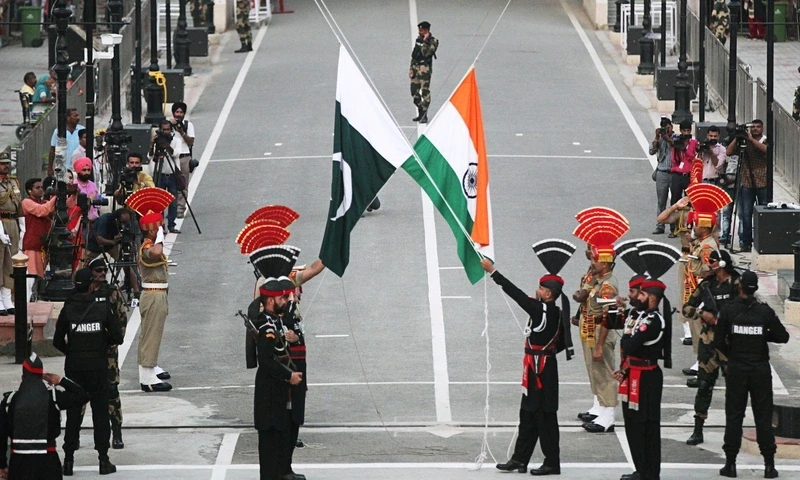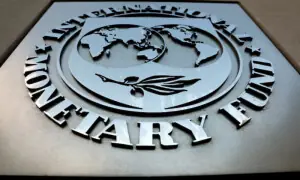Cultural representation: A reflection on Indian and Pakistani tourists
In a recent Urdu blog by Safeer Elahi, he critiques the portrayal of Indian tourists in YouTube reels, highlighting their attempts to showcase culture abroad while often missing the mark.
There’s been a noticeable trend of Indian tourists performing cultural dances in foreign countries, eager to showcase their heritage. However, many seem unaware of how locals perceive these actions and how they interpret such displays. It’s important to recognize that, while celebrating one’s culture is valuable, it should be done with an understanding of context and respect.
A striking example is a recent video featuring an Indian man dancing shirtless to an Indian song on a snowy mountain. Such actions can come across as excessive and detract from both the beauty of the location and the intent behind the cultural expression.
Another concerning instance involved a video where an Indian tourist aggressively pursued selfies with a Vietnamese woman. Similarly, in Goa, a woman in a bikini was pressured by men to apply rangoli pigments, with the scene emphasizing her as an object rather than a participant in the cultural exchange. These behaviors are troubling and highlight a need for more thoughtful representation.
While there’s no harm in showcasing culture abroad, it should carry the purpose of demonstrating how peace-loving and welcoming you are, as you are ultimately representing your own state or country. People should be mindful that their cultural representation can motivate foreigners to visit and enjoy their traditions in full.
In contrast, Pakistanis often represent their culture through food, traditional attire, and national celebrations in ways that feel inclusive and welcoming. Many food bloggers have praised Pakistani culture for its hospitality and tranquility, often visiting restaurants for the ambiance and the subtlety of our cultural expression.
Events like the Pakistan day celebrations in New York’s Times Square, where even local police joined in the festivities, exemplify a culture that fosters inclusivity without objectifying individuals.
Ultimately, there should be a sense of dignity and respect in how cultures are represented abroad. Tourists must remember that locals play a crucial role in tourism, and mutual respect can lead to enriching cross-cultural experiences. By celebrating our cultures in a more dignified manner, we can create positive interactions that benefit everyone involved.
For the latest news, follow us on Twitter @Aaj_Urdu. We are also on Facebook, Instagram and YouTube.


























Comments are closed on this story.